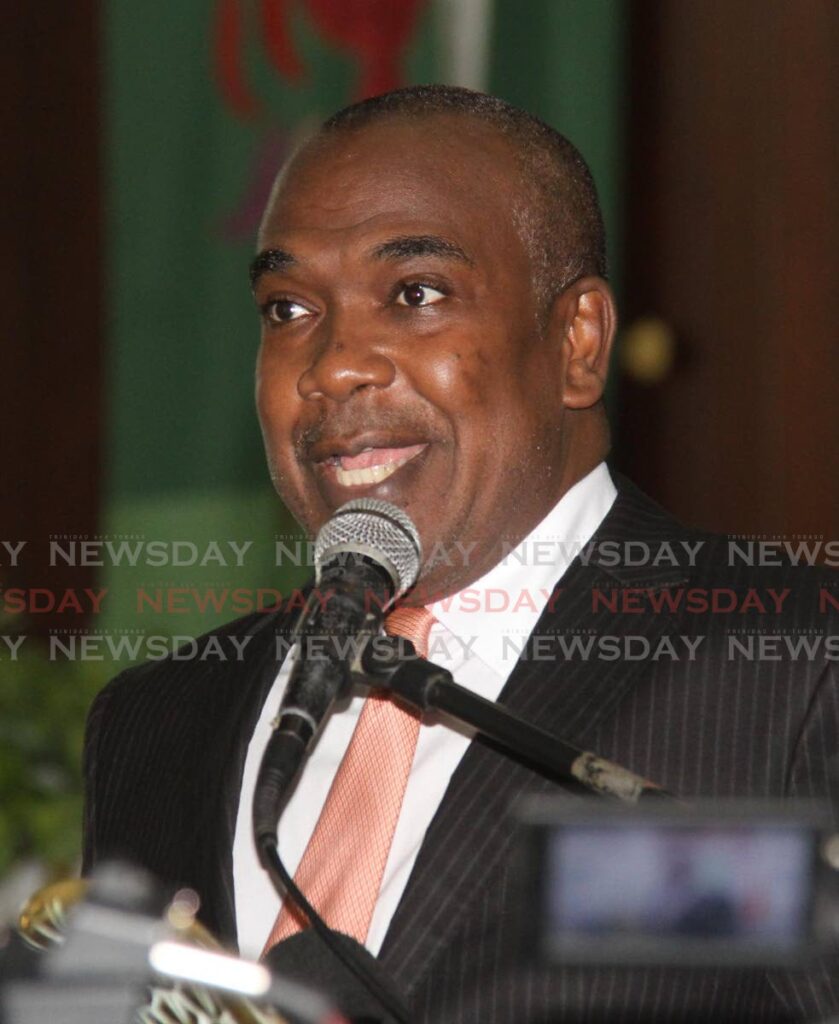Judges and politicians

THE REVELATION, this week, that former attorney general John Jeremie, SC, is tipped for appointment to the Court of Appeal returns to the fore the need for re-examination of the appointment process for justices.
The issues that arise both do and do not relate to Mr Jeremie per se.
One set of considerations concern his qualifications – or some might say disqualifications – given his former political role.
But other questions relate to how judges are appointed and the appropriate place of a sitting chief justice in the process.
On the first score, we are used to judges becoming politicians and vice versa. For instance, Herbert Volney, a controversial judge, morphed, seemingly overnight, into an even more controversial politician.
Mr Jeremie seeks to make the opposite journey. That he served two tenures as AG under separate Patrick Manning administrations would not appear to be, at first instance, an impediment.
In theory, an attorney general, who is the titular head of the bar, is meant to be above the fray, upholding the best tenets of the legal profession, including independence and integrity, even as he advises the Cabinet.
In practice, however, there is often a perception of officeholders being caught up in bacchanal.
Mr Jeremie’s elevation would be a neat irony given that he was at the centre of unprecedented attempts to remove a chief justice years ago. Now, he is poised to sit alongside one.
If Mr Jeremie’s three press releases – and his role more generally – in the Sat Sharma affair caused tremors, his return to Cabildo Chambers in 2009 was another shock in a career of surprising reincarnations.
But that was a generation ago.
Still, because the Court of Appeal is this country’s highest court when it comes to election matters, it is an open question whether it would send the right signal to appoint Mr Jeremie, notwithstanding the availability of recusal.
Such are matters for the careful consideration of the Judicial and Legal Service Commission (JLSC).
But the processes used by the JLSC, too, require some scrutiny.
In 2015, Chief Justice Ivor Archie outlined the procedure, saying merit, and not necessarily seniority, was considered alongside soundings from the bench, the bar and the Law Association. Still, questions persist, such as those raised by Justice Frank Seepersad in 2019 relating to the role of merit lists. Meanwhile, many judges are leaving to take up posts elsewhere.
Dissatisfaction, we feel, is needlessly fanned by the role of the CJ, as ex-officio chair of the JLSC, in appointments.
It should not be for a chief justice, who by definition must have a close working relationship with an executive, to appoint judges, but rather a completely independent selection committee. Such a body would be the best antidote to suspicion and scepticism.


Comments
"Judges and politicians"